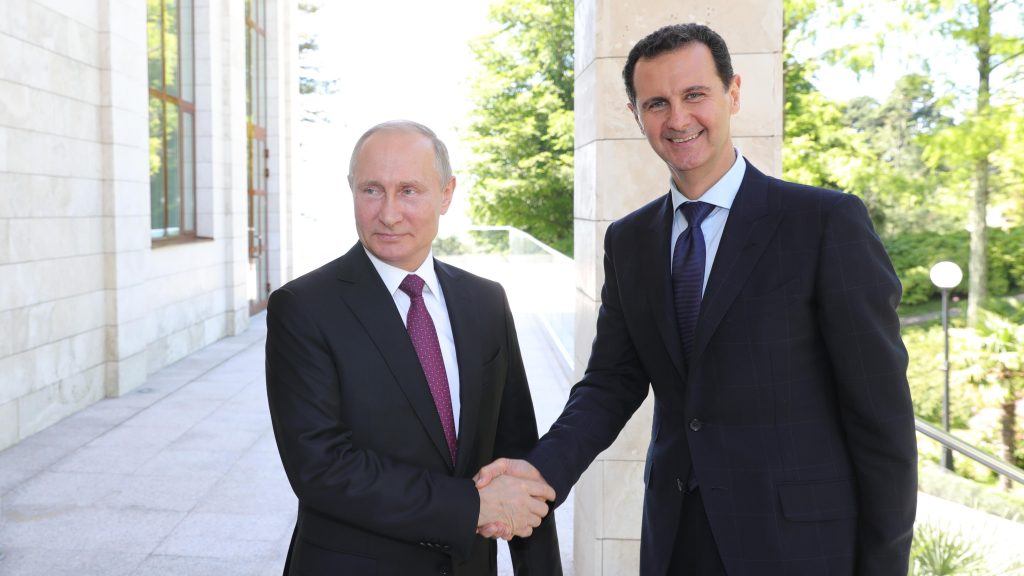New revelations uncover how Bashar al-Assad secretly transferred millions in cash to Russia.
Others are reading now
The Syrian government covertly transported millions of euros and dollars to Russia while Bashar al-Assad was still in power, according to a report by the Financial Times (FT), which cites confidential documents.
Between 2018 and 2019, Syria’s Central Bank sent approximately $250 million in cash — equivalent to 2 tons of $100 and €500 bills — to Moscow’s Vnukovo Airport.
This occurred despite Syria facing an acute foreign currency shortage at the time, with reserves reportedly “almost zero,” according to a source cited by the FT.
Details of the Cash Transfers
The cash shipments were carried out via 21 flights between March 2018 and September 2019.
Also read
Once in Russia, the funds were deposited into Russian banks.
Additionally, the Assad family used the period to acquire luxury real estate in Russia, purchasing at least 19 high-end apartments in Moscow City, valued at a total of $40 million.
During this time, the Assad regime was heavily reliant on Russian military support to maintain control of Syria.
However, the situation changed dramatically by late 2024, as opposition forces led by Hayat Tahrir al-Sham (HTS) launched a major offensive from Idlib province. The rebels advanced rapidly, taking Syria’s second-largest city, Aleppo, and eventually Damascus.
On December 8, 2024, the rebels announced the overthrow of Assad’s regime, marking the end of his presidency, which began in 2000.
Assad’s Escape to Russia
Following the fall of Damascus, Bashar al-Assad, now 59, fled to Russia, where he was granted asylum.
According to Bloomberg, his escape was orchestrated by Russian intelligence, who evacuated him via a Russian airbase with his plane’s transponder turned off to evade detection.
While Assad secured refuge, Russian President Vladimir Putin reportedly demanded an explanation from his intelligence services for failing to anticipate the growing threat to Assad’s rule.
Initially, Russian forces launched strikes against Syrian opposition groups in an attempt to bolster Assad’s government.
But when the opposition captured key cities such as Aleppo and Hama and advanced on the strategic city of Homs, it became clear that Assad’s forces could not mount sufficient resistance. Faced with these realities, Russia concluded that it could no longer protect the regime.








